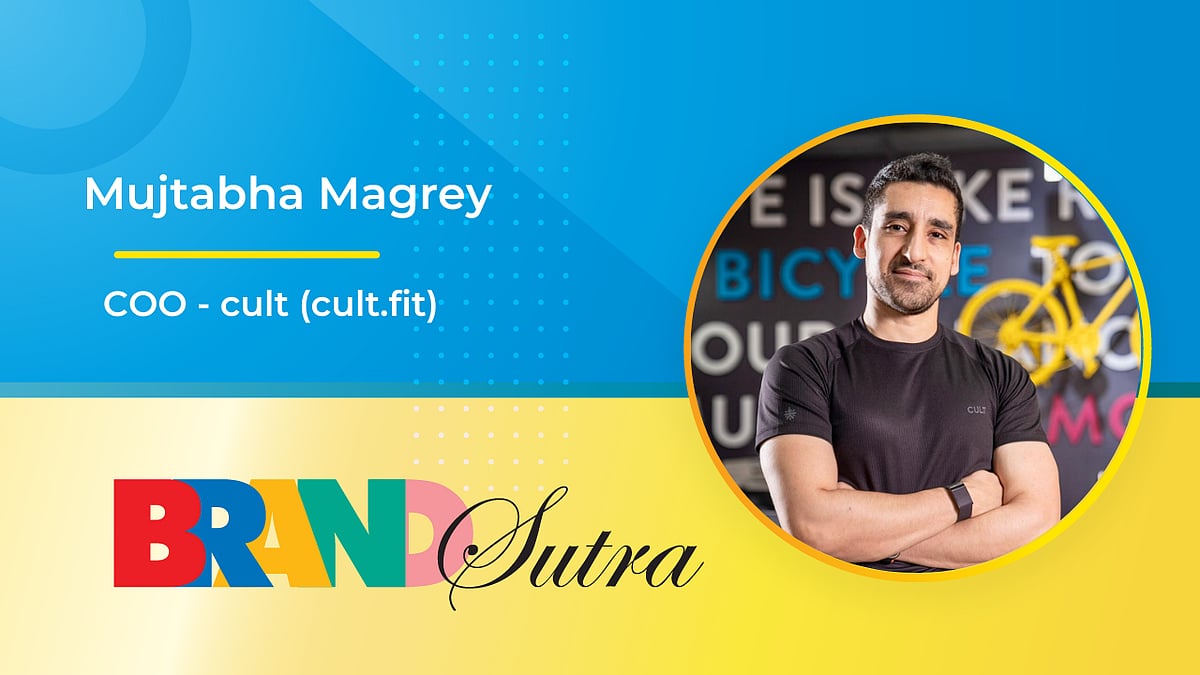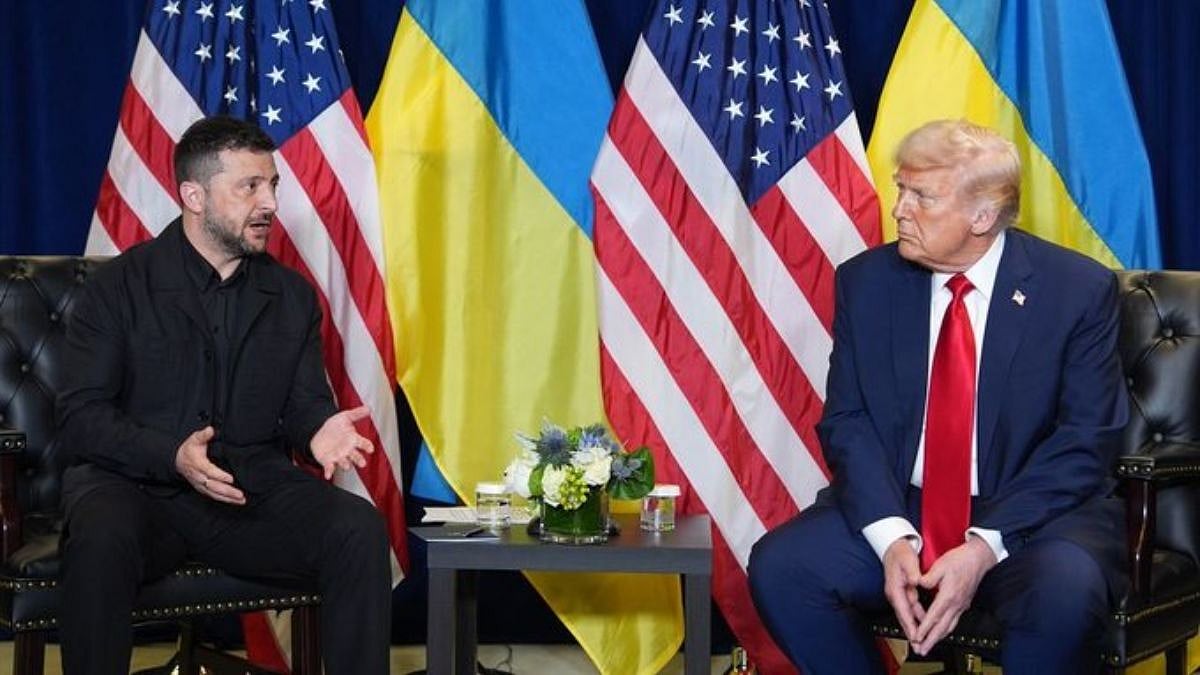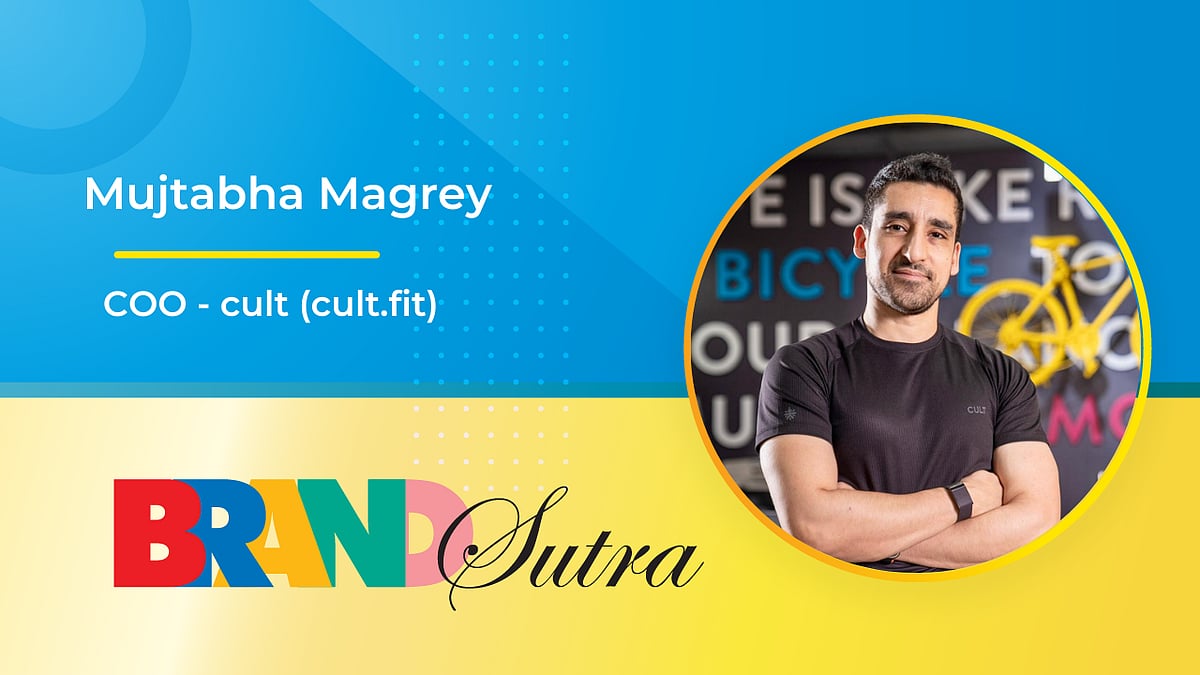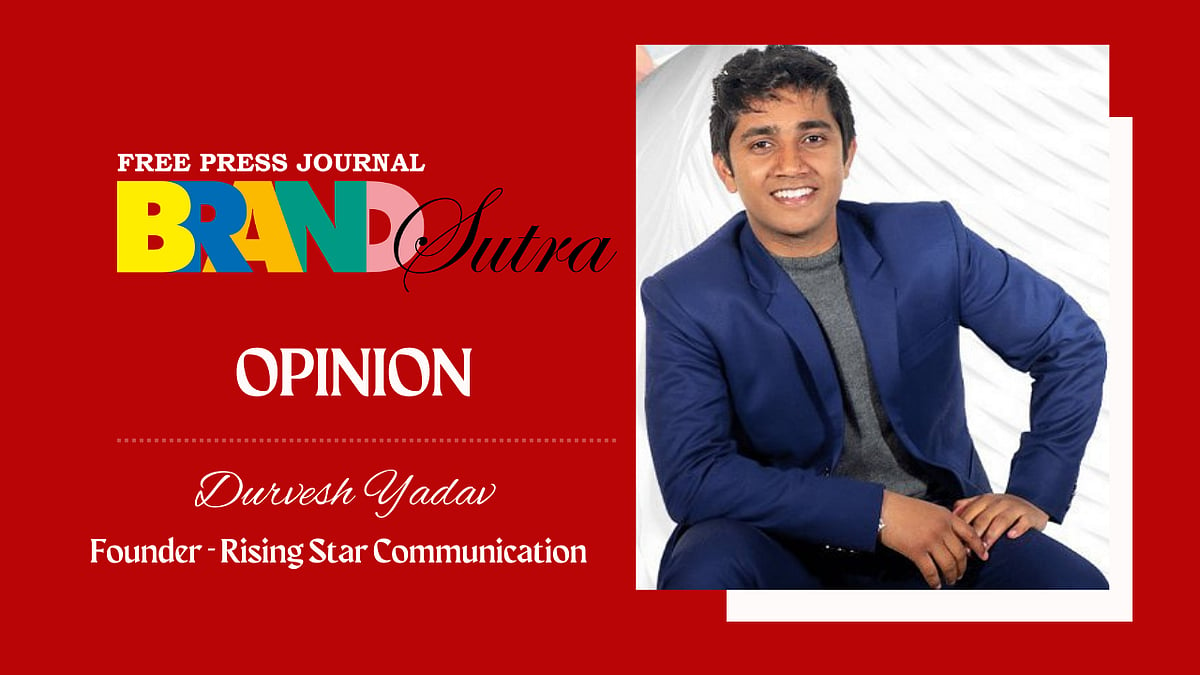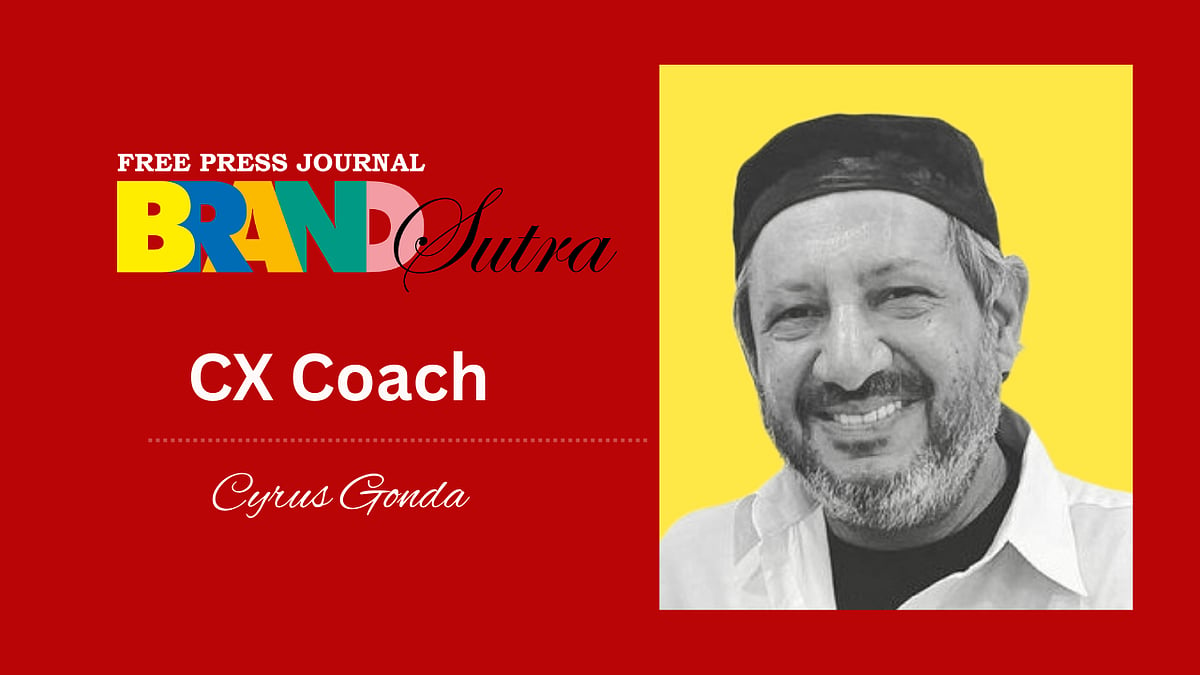Community has always been cult’s (popularly known as cult.fit) core muscle. What began as small, high-energy group workouts has grown into a movement where people find strength in collective commitment. Today, cult is building micro-communities beyond the gym — through running clubs, reading circles, music jam sessions and other lifestyle touchpoints that deepen engagement and attract new customers. In an interview with BrandSutra, COO Mujtabha Magrey reveals that even with nearly 700 centers, they’re only just getting started: “India’s fitness journey is only at 0.7% penetration — it gives us nightmares. The US is already above 20%. There’s no reason a brand from India can’t redefine the country’s fitness paradigm.”
Edited excerpts from the interview…
Fitness today is as much about community as it is about health. When I first moved to Bangalore in 2011, I joined a gym to meet like-minded people — and that’s still true for young professionals moving to cities. They want a comfortable, non-intimidating space where they feel supported. Most people begin with goals like weight loss or getting healthier, usually triggered by life moments — moving, getting married, turning 30. We focus on making the first step easier. We’re also seeing growth across age groups: Gen Z entering fitness early, and more consumers over the age of 35. That’s why we’ve built a multi-tier approach with affordable neighborhood gyms and premium formats — so everyone can find the right starting point.
Tell us about how and why the cult model has evolved since its launch?
When cult started in 2016–17, fitness in India was still seen as an individual, highly disciplined pursuit with little social or fun elements. We launched with group classes to make fitness more accessible,m — just show up for an hour and we do everything else. That format helped the brand take off. Post-Covid, we realised that while group workouts are powerful, they’re still niche, and to reach a wider audience, we needed to offer more choice. So we expanded into gyms and eventually created hybrid centers that offer both group classes and traditional gym floors. From there, we built a multi-tier portfolio — cult Neo for affordability, Pilates for low-impact needs, sports verticals for badminton and swimming, and more. The entire journey has been about removing barriers and eliminating any reasons to say “no” to an active lifestyle.
Our growth has been built on organic demand and community-led storytelling rather than traditional advertising. We want our members to speak for us, so most of our content is user-generated and comes from real transformation stories. Programs like cult Ninja, where members who build a four-week workout habit are recognised publicly, generate over 5,000 pieces of authentic content. That storytelling powers referrals and high NPS, which remain our biggest acquisition channels. The other major pillar is community: beyond workouts, we’re building micro interest-based clubs — running, sports, music, reading, trekking — led by our cult Champions, and already over one lakh people participate. These spaces bring members, friends, and colleagues together and create genuine connection.
Can you talk about the impact that partnerships with brands like HRX and Adidas have had on cult’s growth?
Brand partnerships for us are rooted in authenticity and experience, not just visibility. We work with brands that genuinely add value to our community and help elevate both product and experience. For example, HRX was built organically around Hrithik Roshan’s own fitness journey and injury-led training needs, creating a format that felt real and relatable. Similarly, our Strength Plus format with Adidas was developed to bring true performance training to our members. We also use partnerships to create unique experiences through initiatives like Weekends at cult, where fitness sessions are combined with lifestyle elements — such as a 90-minute dance session followed by a grooming workshop with Philips. Collaborations like Harley Davidson’s H.O.G community events bring storytelling, passion, and culture together under one roof. Ultimately, partnerships help us offer more than just workouts — they create memorable touchpoints, build community, and give customers access to experiences they won’t find anywhere else.
One of my biggest learnings is the power of standardisation. When we started, our group classes were designed with a fixed structure — almost like a film — with every minute planned. That consistency built trust and helped shape cult’s identity. The second learning is that the people matter more than anything else. Fitness is ultimately a service delivered by humans, and if your trainers, center managers, or anyone interacting with customers don’t embody the brand’s values, nothing else will work. Investing deeply in people and making them evangelists has been crucial. And the last lesson is humility: you never know it all. A lot of solutions already exist somewhere — maybe in another industry or another country — so staying curious, learning from others, and approaching problems with: “I don’t know, let’s figure it out” has been transformative for me.
